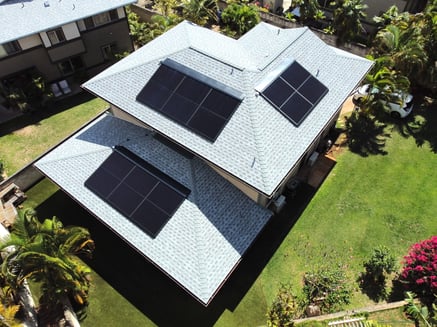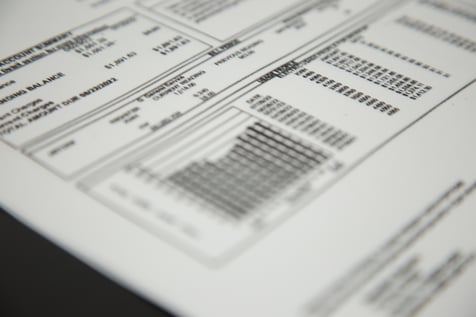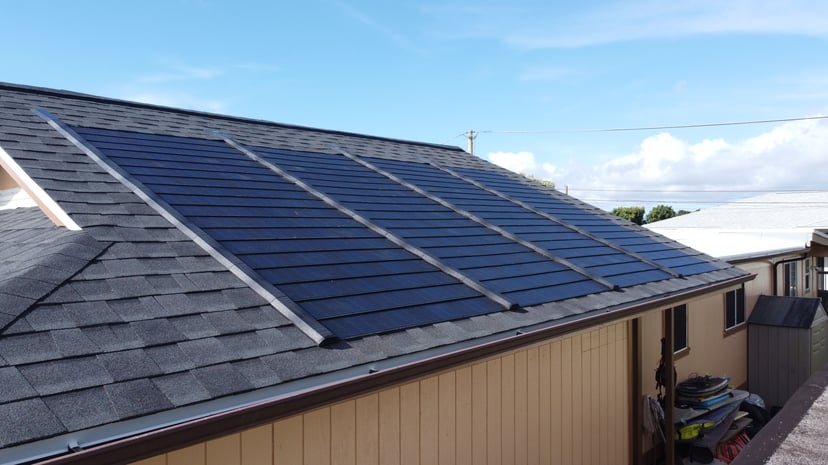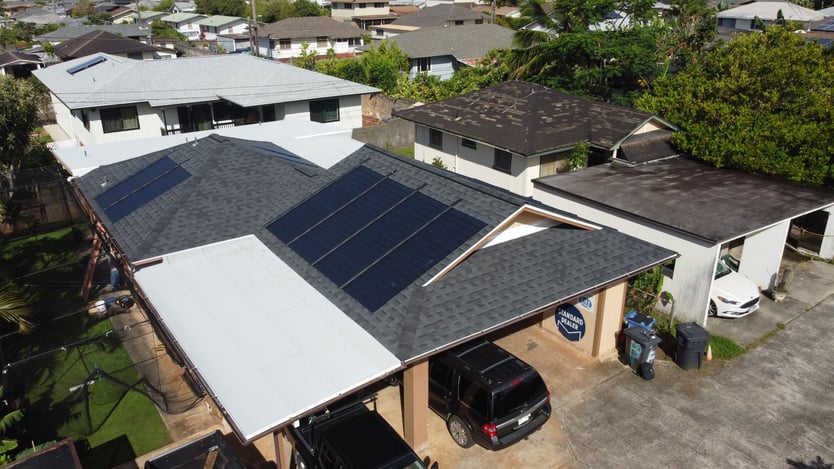Opportunity Cost of Not Going Solar
Solar energy is quickly becoming a popular choice for homeowners in Hawaii as a way to reduce their energy bills and decrease their reliance on fossil fuels. With the high cost of electricity in the state, many homeowners are turning to solar energy as a way to save money on their monthly energy bills.

Solar panels allow homeowners to generate their electricity by converting sunlight into electricity, which can then be used to power their homes.
Not only can solar energy save homeowners money on their energy bills, but it is also a clean and renewable energy source that reduces greenhouse gas emissions and helps to protect the environment!
The Financial Benefits of Solar
The cost of electricity in Hawaii is among the highest in the country, making it a prime location for homeowners to consider switching to solar energy. By installing solar panels on their home, homeowners in Hawaii can significantly reduce their monthly energy bills by generating their electricity.

In addition to the financial savings, solar energy also offers homeowners in Hawaii several financial incentives and subsidies. These include the state's solar tax credit, which allows homeowners to receive a credit on their state taxes for the cost of installing solar panels, as well as the federal investment tax credit. which allows homeowners to receive a credit on their federal taxes for the cost of installing solar panels.
In addition to these financial incentives, homeowners in Hawaii also have the option to sell excess solar energy back to the grid through a process called net metering. Through net metering, homeowners with solar panels have the potential to earn additional income. This can further offset the cost of installing solar panels and provide even more financial benefits for homeowners.
Overall, for homeowners in Hawaii, the high cost of electricity, coupled with the various financial incentives and subsidies, make the switch to solar energy a viable and valuable consideration.
The Environmental Benefits of Going Solar
Solar energy is a clean and renewable energy source that reduces our reliance on fossil fuels such as coal, oil, and natural gas. These fossil fuels are nonrenewable resources that are finite and will eventually run out, making it important to find alternative energy sources.
267. 456567834556789
Solar energy harnesses the power of the sun, which is an abundant and renewable resource, to generate electricity. This not only helps to reduce our reliance on fossil fuels, but it also helps to protect the environment by reducing greenhouse gas emissions.
The burning of fossil fuels has a significant impact on the environment, as it releases harmful pollutants into the air and contributes to climate change. These pollutants can have negative health effects on humans and animals, and the greenhouse gasses released by burning fossil fuels contribute to global warming and climate change.

Solar energy, on the other hand, is a clean and renewable energy source that does not produce any greenhouse gasses or pollutants when generating electricity. By switching to solar energy, homeowners in Hawaii can help to reduce their carbon footprint and do their part in protecting the environment.
In addition to the environmental benefits, solar energy can also help to reduce Hawaii's reliance on imported fossil fuels and increase energy independence. Hawaii currently imports a large portion of its energy from outside sources, but by increasing the adoption of solar energy, the state can reduce its reliance on these imported fossil fuels and become more self-sufficient.
This can not only help to reduce the state's carbon footprint, but it can also have economic benefits by reducing the state's dependence on foreign energy sources. Overall, the switch to solar energy in Hawaii can have several environmental and economic benefits that make it a smart choice for homeowners.
The opportunity OF installing solar in Hawaii
As homeowners in Hawaii consider the switch to solar energy, it's important to consider the opportunity cost of not making the switch. Opportunity cost is the value of the next best alternative that is given up as a result of a decision. In the case of solar energy, the opportunity cost of not installing solar includes the financial benefits that are missed out on as well as the environmental benefits that are not realized.
The financial benefits of solar energy in Hawaii are significant. With the high cost of electricity in the state, solar panels can save homeowners a significant amount of money on their monthly energy bills.
In addition, there are various financial incentives and subsidies available for homeowners who install solar in Hawaii, including the state's solar tax credit and the federal investment tax credit. By not installing solar, homeowners in Hawaii are missing out on these financial benefits and the potential to save money on their energy bills.
In addition to the financial benefits, the opportunity cost of not installing solar in Hawaii also includes the missed opportunity to reduce greenhouse gas emissions and protect the environment. Solar energy is a clean and renewable energy source that does not produce any greenhouse gasses or pollutants when generating electricity.

By not installing solar, homeowners in Hawaii are missing out on the opportunity to reduce their carbon footprint and do their part in protecting the environment.
Finally, the opportunity cost of not installing solar in Hawaii may also include the missed opportunity to be a leader in the adoption of renewable energy and set an example for others. Hawaii has the potential to be a leader in the adoption of renewable energy and by installing solar, homeowners in the state can help to promote the adoption of clean energy and inspire others to do the same.
Overall, it's important for homeowners in Hawaii to consider the opportunity cost of not installing solar and the potential benefits they could be missing out on by not making the switch to solar.
Final Thoughts
In conclusion, the switch to solar energy in Hawaii can provide numerous benefits, including financial savings, environmental benefits, and the opportunity to be a leader in renewable energy adoption.
By considering the opportunity cost of not installing solar, homeowners in Hawaii can weigh the potential benefits they could be missing out on by not making the switch to solar. Overall, the benefits of solar energy in Hawaii make it a smart choice for homeowners looking to save money, protect the environment, and be leaders in the adoption of renewable energy.
%20(2).png?width=150&height=107&name=Solar%20Logo%20(No%20Background)%20(2).png)
Comments